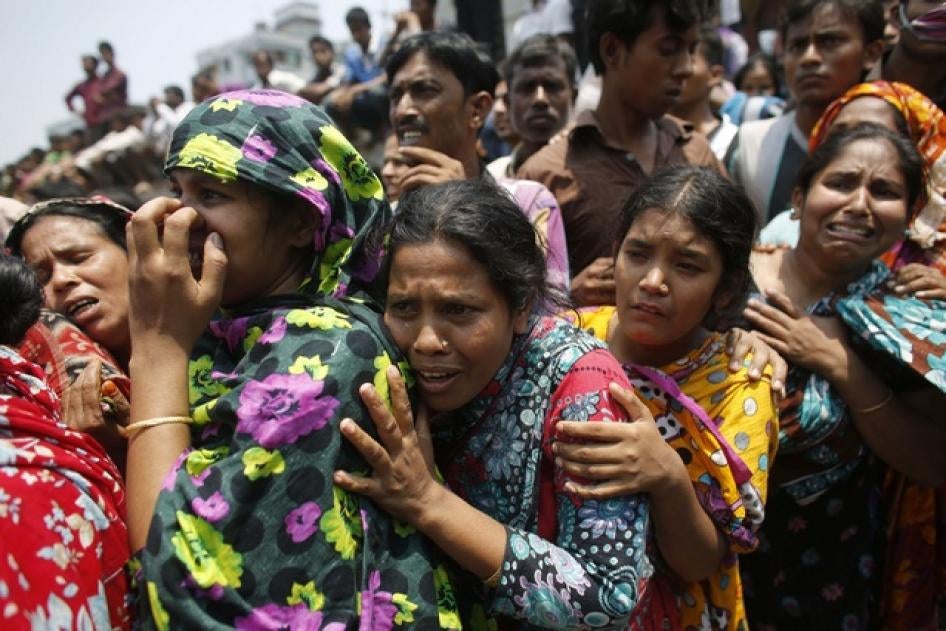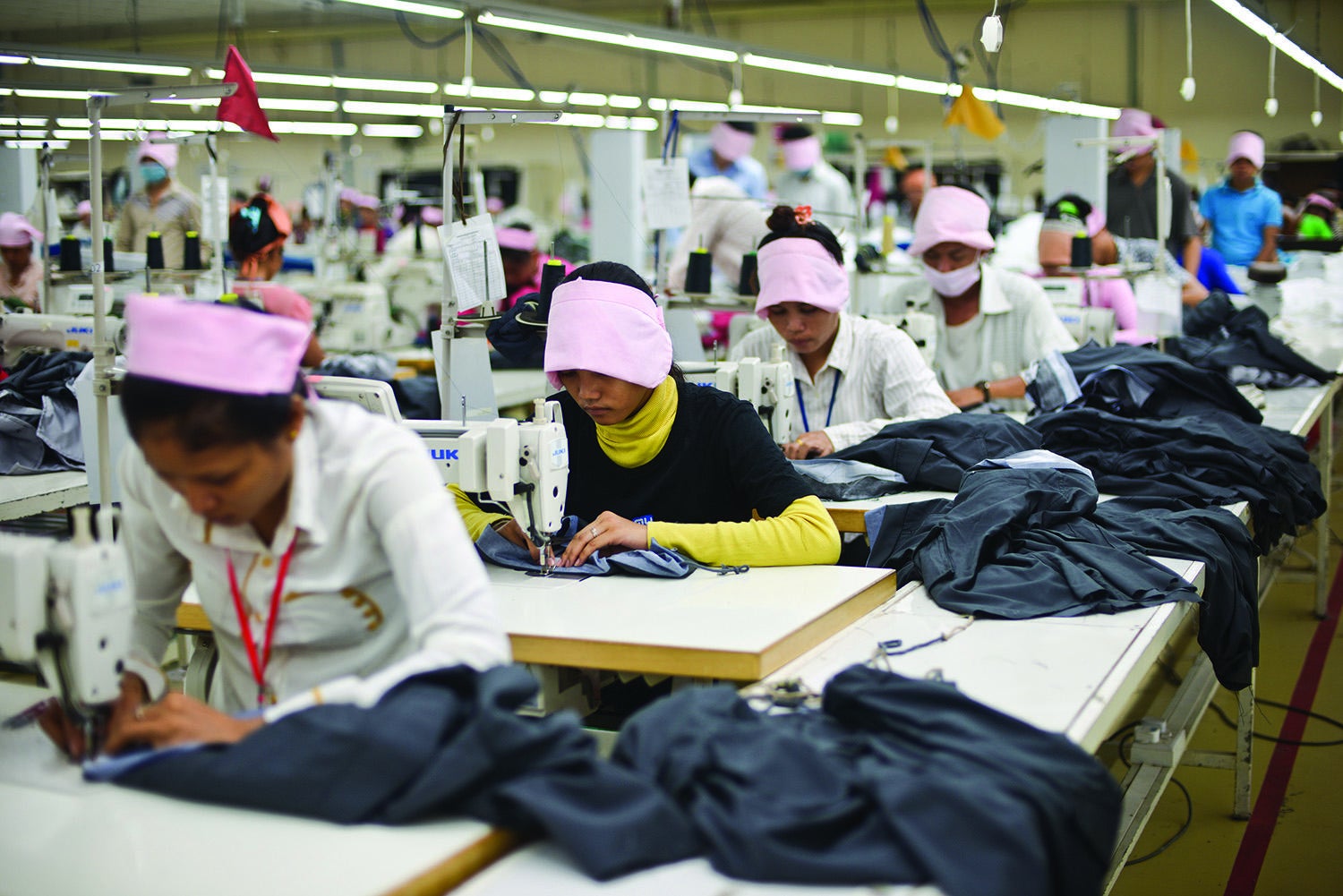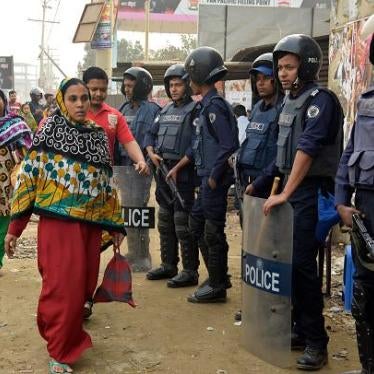“Sometimes I just can’t sleep without pills. I keep remembering how many people died that day.”
Shabana, her name changed to protect her privacy, survived three days buried in the rubble of Rana Plaza, an eight-story building with five garment factories that collapsed in Bangladesh in 2013.
Four years later, Shabana is still struggling to piece her life back together. She has nightmares. Depression hampers her life and ability to work. Setting foot inside a garment factory is unthinkable. She is now a domestic worker.
There was barely any publicly available information about the apparel brands that were using the Rana Plaza factories. Activists searched through the rubble for labels and interviewed survivors.
For decades, such secrecy has been the norm in the garment industry. While a handful of companies, like Adidas, Nike, Levi’s, Puma, and Patagonia, began publishing details more than a decade ago, others have recently joined. By the end of 2016,
at least 29 apparel companies were disclosing some information about their source factories. Yet, company commitments to transparency about supplier information are inconsistent, with widely varying standards for what they choose to disclose. Many brands have held out completely.
Last year, a coalition of labor and human rights organizations endorsed the Transparency Pledge, which sets a minimum standard for publishing supply chain information. The coalition contacted
72 apparel and footwear companies, urging them to carry out the pledge. The pledge reflects existing corporate practices on disclosure, and aims to foster a level playing field in the industry.
Seventeen companies will fully align their disclosure practices with the pledge by the end of 2017. Many others are moving in the right direction. But the industry still has a long way to go. Well-known brands and retailers like
Forever21, Urban Outfitters, Walmart, Primark, and Armani are among those yet to embrace transparency.
Supply chain transparency complements other measures for worker safety and rights like the Bangladesh Accord on Fire and Building Safety. Numerous brands are part of the accord and publish their supplier information.
Companies that are reluctant to adopt the Transparency Pledge sometimes claim it is a competitive disadvantage. But increasingly, their competitors are dispelling this myth.
Shabana sewed clothes in a Rana Plaza factory. But she and most other workers didn’t know the brands. “Workers should know about brands so they can tell their true stories,” she says.











